SUMMARY
This is AI generated summarization, which may have errors. For context, always refer to the full article.
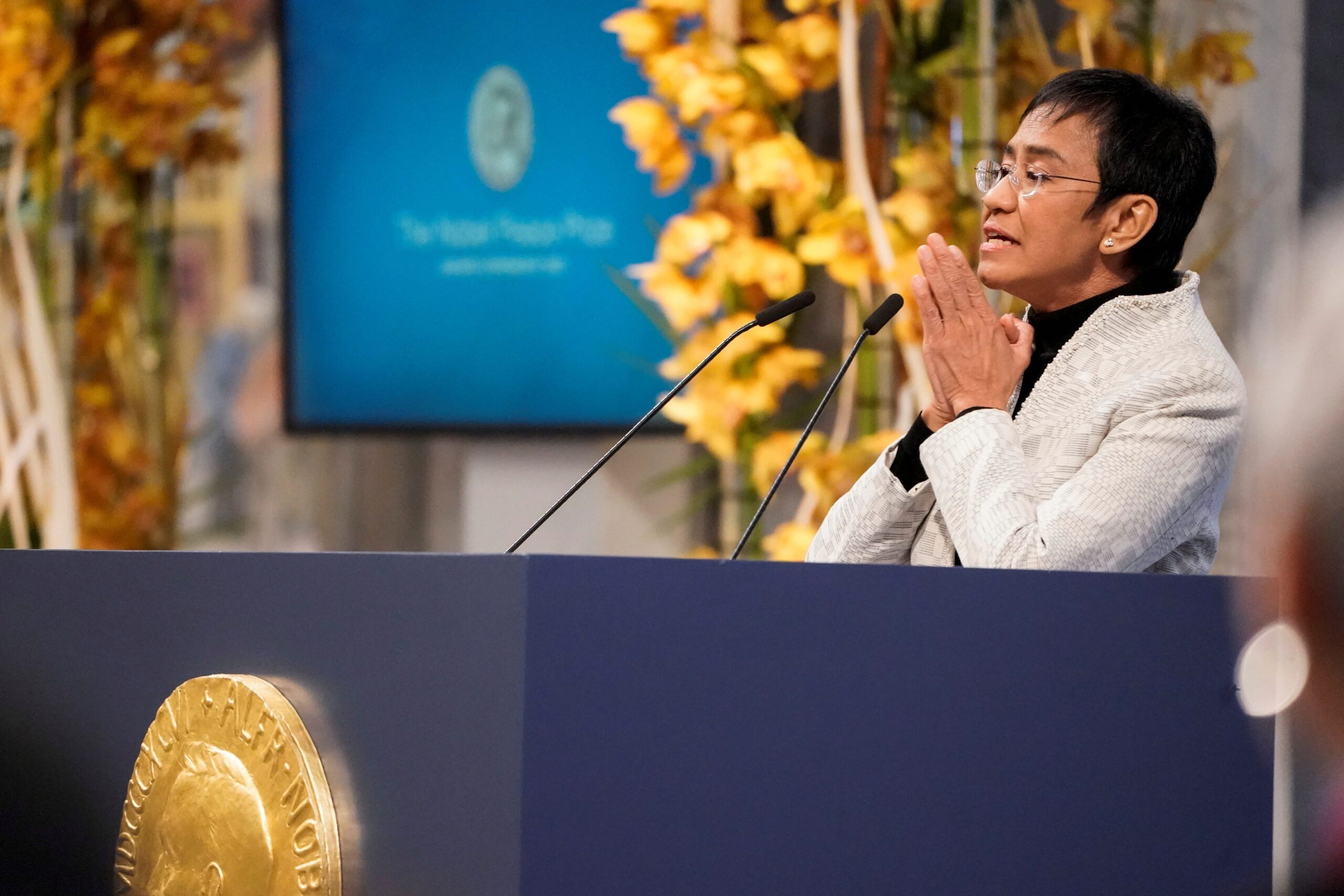
MANILA, Philippines – Rappler CEO Maria Ressa made history on Friday, December 10, as the first Filipino to receive the Nobel Peace Prize at a grand, century-old ceremony in Oslo, paying tribute this year to the world’s persecuted journalists.
Ressa, 58, received the prize along with Russian journalist Dmitry Muratov, 60, editor in chief of the independent newspaper Novaya Gazeta. Both of them lead critical newsrooms in countries where journalists are persecuted and governments enable disinformation.
“I stand before you, a representative of every journalist around the world who is forced to sacrifice so much to hold the line, to stay true to our values and mission: to bring you the truth and hold power to account,” said Ressa in her acceptance speech. The Duterte government had wanted to bar her from flying to Oslo.

Ressa is an award-winning journalist who opened and ran the Jakarta bureau of CNN from 1995 to 2005, later led the newsroom of the Philippines’ biggest broadcaster ABS-CBN, and in 2012 cofounded Rappler, the country’s top digital-only news site.
She is still facing seven active cases in the Philippines as President Rodrigo Duterte attempts to silence the press and stifle criticism.
Muratov is the first Russian to win the Nobel Peace Prize since Soviet leader Mikhail Gorbachev – who also helped set up Novaya Gazeta with the money he received from winning the award in 1990.
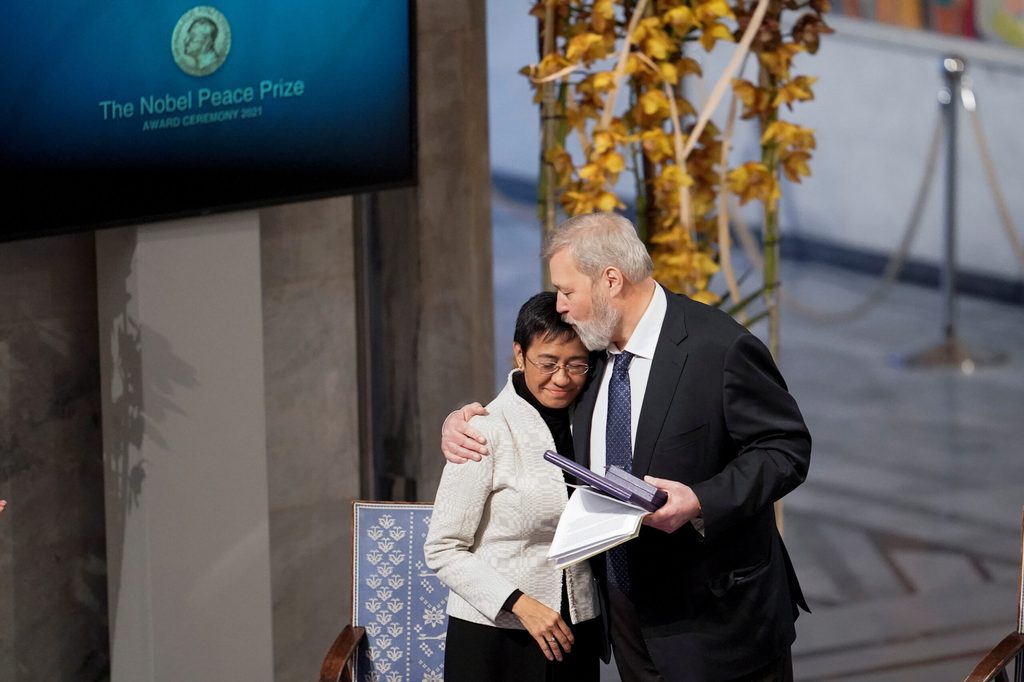
In handing the world’s most prestigious political accolade to journalists after 85 years, the Oslo-based Nobel committee recognized the crucial role of a free and independent press in the pursuit of peace.
“Maria Ressa uses freedom of expression to expose abuse of power, use of violence, and growing authoritarianism in her native country, the Philippines…. Maria Ressa is a fearless defender of the freedom of expression,” said Berit Reiss-Andersen, chairwoman of the Norwegian Nobel Committee, during the awarding ceremony on December 10.
The ceremony for the century-old prize – named after Swedish inventor Alfred Nobel – was held at the gilded Oslo City Hall, with attendees that included the Norwegian Royal Family. The traditional date for the ceremony is December 10, the death anniversary of Nobel, whose will includes “prizes to those who, during the preceding year, have conferred the greatest benefit to humankind.”
The world’s problem
In her speech on Friday, paying tribute to her profession, Ressa recounted the experience of journalists in the Philippines, like 23-year-old Frenchie Mae Cumpio, who has been imprisoned for two years, and Jess Malabanan, who was shot dead on December 8.
The Philippines is among the worst countries to be in as a journalist, according to Reporters Without Borders (RSF).
She then proceeded to call for global action as tech companies allowed hate and lies to spread unabated in their platforms, leaving journalists virtually defenseless as they report on the truth.
“An invisible atom bomb exploded in our information ecosystem, and the world must act as it did after Hiroshima. Like that time, we need to create new institutions, like the United Nations, and new codes stating our values, like the universal declaration of human rights, to prevent humanity from doing its worst. It’s an arms race in the information ecosystem. To stop that requires a multilateral approach that all of us must be part of. It begins by restoring facts,” Ressa said.
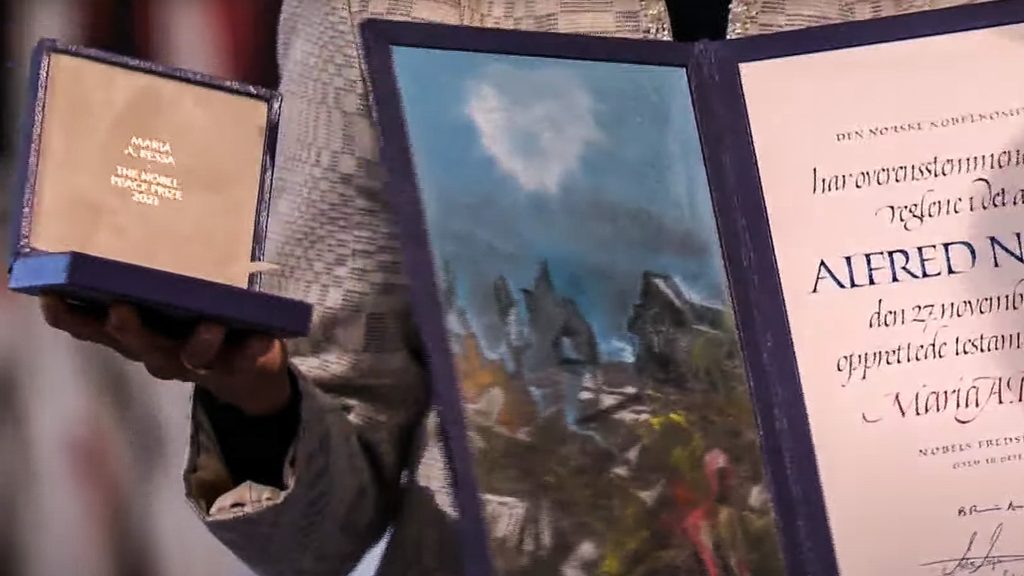
Ressa pointed to the real-world manifestations of the lies spread online: the disinformation ecosystem in the Philippines that has aided the Duterte government in silencing critics and the January 6 riot at the US Capitol.
“What happens on social media doesn’t stay on social media. Online violence is real-world violence,” Ressa said.
She added: “We need information ecosystems that live and die by facts. We do this by shifting social priorities to rebuild journalism for the 21st century while regulating and outlawing the surveillance economics that profit from hate and lies.”
The road to Oslo
Before Ressa was able to fly to Norway the Philippine government sought to keep her from flying to Oslo, tagging her as a “flight risk.” This was despite Ressa returning to the Philippines at least 36 times and paying millions of pesos in travel bonds as she faced cases filed by the Duterte government.

The effort to bar Ressa from leaving the Philippines was led by Philippine Solicitor General Jose Calida, the same lawyer who initiated an investigation that led to the closure order against Rappler. Calida was also proactive in the government’s shutdown of ABS-CBN, the Philippines’ largest news outlet.
Calida reasoned with the Court of Appeals that Ressa was a flight risk because she criticized the Philippine justice system – which lawyers and experts have themselves described as failing, especially amid a popular but bloody anti-drug campaign that human rights groups count has killed around 30,000 Filipinos.
In a resolution released on December 3, the appeals court decided in favor of Ressa, saying that her trip to Oslo to receive the Nobel Peace Prize was “necessary and urgent” – a deviation from past rulings where Ressa was not allowed to travel abroad for journalism awards, a documentary screening, and a visit to her ailing mother.

The only two times that Nobel laureates did not get to receive their prizes in person were in the years 2010, when China barred dissident Liu Xiaobo, and 1935, when the Nazis barred journalist Carl von Ossietzky from attending. – Rappler.com
Add a comment
How does this make you feel?

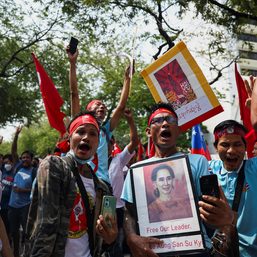
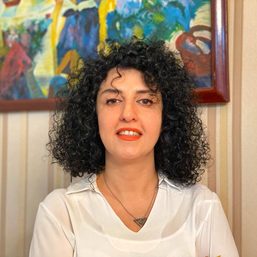
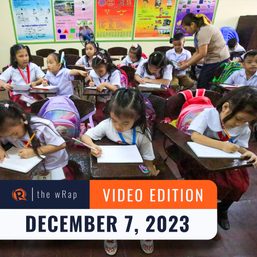
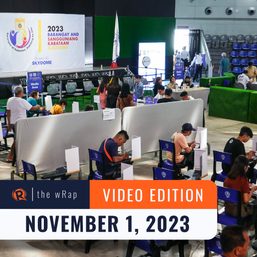
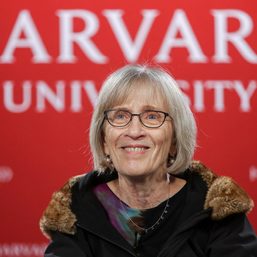
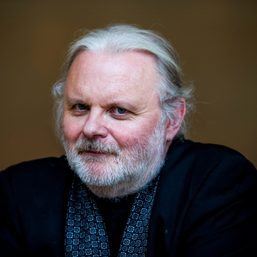

There are no comments yet. Add your comment to start the conversation.